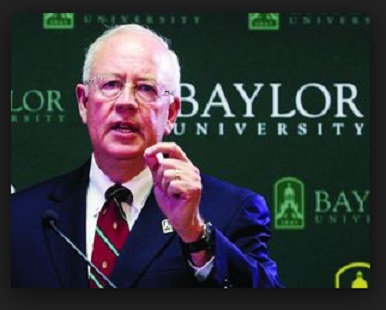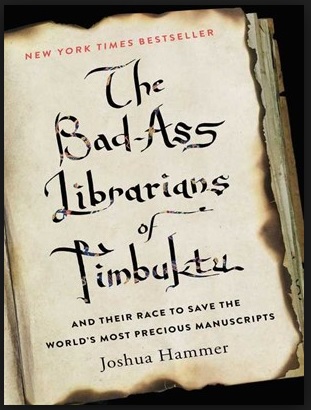
Dear Commons Community,
According to several news sources, Ken Starr, has been asked to step down as president of Baylor University over the way sexual assaults are handled on the campus. During the Bill Clinton/Monica Lewinsky scandal in the late 1990s, Starr was the face of the investigation and impeachment proceedings. Reuters reported yesterday:
“Baylor University declined to comment on reports on Tuesday that Kenneth Starr, the former independent counsel charged with investigating Bill Clinton during his presidency who is now the president of the world’s largest Baptist college, has been fired over sexual abuse scandals at the school.
In the past several months, the central Texas university has faced criticism of not doing enough to investigate reports of rapes of female students by its male athletes.
Local TV broadcaster KCEN reported on Tuesday that Starr had been fired, citing sources close to the Board of Regents.
“We will not respond to rumors, speculation or reports based on unnamed sources, but when official news is available, the University will provide it. We expect an announcement by June 3,” the school said in a statement.
In March, a former student at Baylor brought a negligence lawsuit in federal court against the school, claiming it acted callously and indifferently after she was raped by a Baylor football player.
In a separate scandal, Baylor football player Sam Ukwuachu was sentenced last year by a Texas judge to six months in jail for sexually assaulting a fellow student in 2013.
That incident raised questions about how Baylor investigates sexual assaults. The judge in the trial deemed the school’s investigation so insufficient that he barred defense from citing it.
Following that case, Baylor asked for an independent investigation of its handling of sexual assault accusations. A report, yet to be made public, was recently submitted to the Board of Regents, the group that can fire Starr.
Starr became the 14th president of Baylor in 2010.
Starr, a former appeals court judge, in the mid-1990s was appointed as a special counsel to investigate then President Clinton over a real estate investment and other matters. His probe widened to include Clinton’s sexual relationship with White House intern Monica Lewinsky, and led to Clinton’s impeachment by the House of Representatives.
Republicans could not muster the two-thirds majority in the Senate needed to remove Clinton from office and Republicans were later punished at the polls for what many of them conceded was a perceived overzealousness in pursuing Clinton.
This month, Starr offered enthusiastic praise for Clinton, especially his years of philanthropic work after leaving the White House, the New York Times reported on Tuesday.
“His genuine empathy for human beings is absolutely clear,” Starr was reported as saying at a panel discussion in Philadelphia. He referred to his investigation and the impeachment process as “the unpleasantness,” it said.”
Starr was in the middle of a sad chapter of United States history. The country was not served well by this “holier than thou” episode.
Tony
NOTE: On May 26, 2016, it was announced that Ken Starr was stripped of his title as university president and would no longer have any operational responsibilities. He would remain Baylor’s chancellor and a professor at the law school. The chancellor position is “centered around development and religious liberty.”
On June 1, The Chronicle of Higher Education reported that Ken Starr would resign as chancellor while retaining his position as a professor in the law school.







